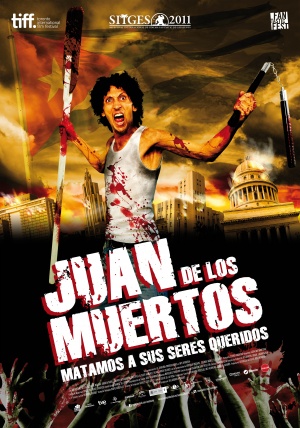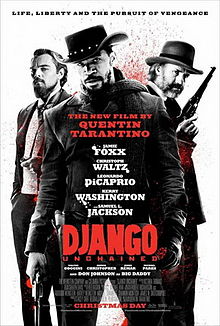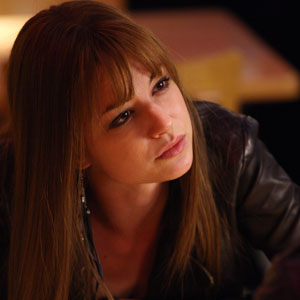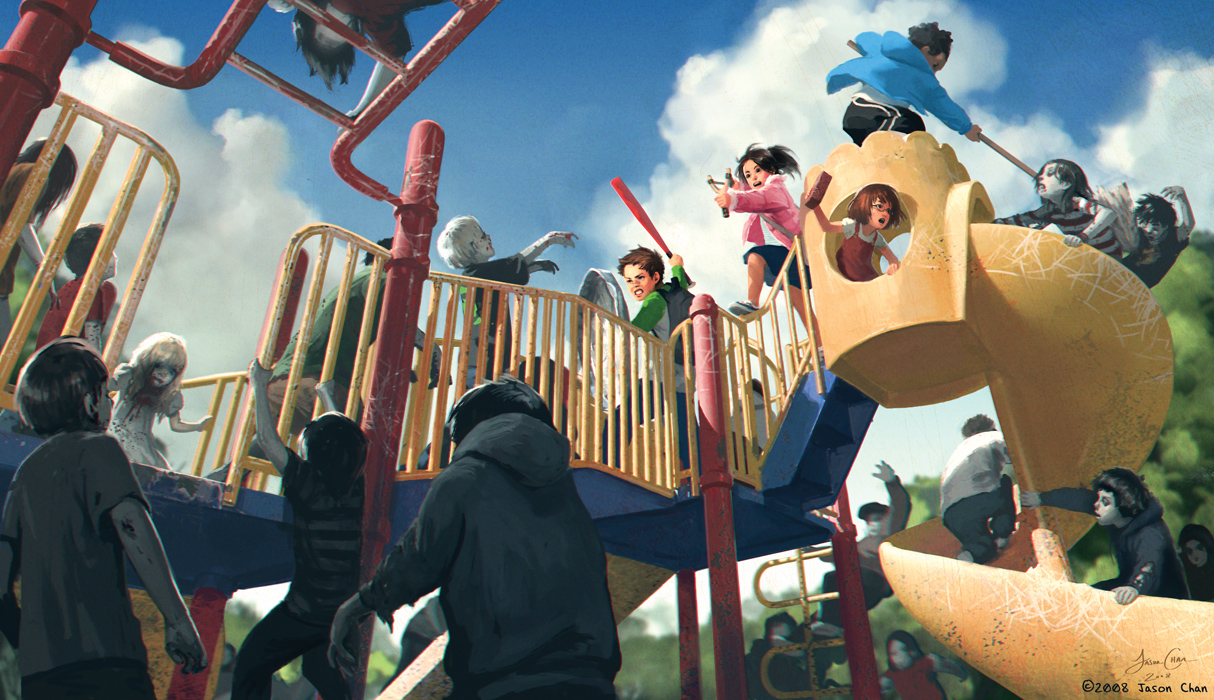Growing up in the 1980s, I was a huge Uncanny X-Men fan. I had next to no idea about who was writing and drawing it (although for the record it was the Chris Claremont/John Byrne dream team), all I knew was my big sister just happened to have a few issues lying around in her room that also happened to be the issues introducing Kitty Pryde, the Hellfire Club (including one Emma Frost), and culminating in the Dark Phoenix saga. To say they blew my fragile little mind is probably understatement, and for the next decade or so I devoured various X-stories even as the spin-offs began. It took the advent of the “Dark Age” of the 1990s before I gave up on the ever proliferating crop, no longer really recognizing the characters I had grown so attached to.
That’s a whole other story, but I want to get back to the fact that I first ran across those X-men comics in my big sister’s room. I don’t know if she was still interested much in them at that point, but they represented prima facie evidence that in some earlier time they had held her interest enough for her to brave our dusty, dark local comic book store and buy several issues over a course of several months.
But you know, why not? The X-books, by and large, still have a reputation for being “female friendly”, and what Claremont was doing around the late 70s/early 80s is probably largely responsible for establishing that. That age of comics was where heroes were getting more complicated than just punching the bad guys, and Storm and Jean Grey/Phoenix benefited from that just as much as their male counterparts. Sure it might have just been the two of them on the team as regulars, but as soon as you have even two ladies present, you stop being able to just define them as “the girl”. I guess there still could have been “the white girl” and “the black girl”, but Claremont was pretty good about giving them a lot more distinctions to chew over.
A little over a year ago I made an entire post on the subject of superficiality in characters, of the danger of those that deviate from the “norm” being seen as symbols rather than people, becoming defined by their deviance rather than any other facet of their being. Unless you as a writer can overcome this human tendency to compartmentalize based on surface impressions, you risk your heroes ending up feeling somehow more shallow, like the way a happy face might represent a person smiling, but an actual photorealistic portrait of a person smiling has so much more for a viewer to contemplate. Without any perceivable depth to the presentation, the spectre of tokenism raises its stereotypical head.
In the course of that argument with myself, I came up with the idea that the easiest way to solve the problem was plurality. Like in the example above, if there’s two women on the X-team, the viewer’s mind will start to search for other differences besides just boobs/no boobs. Would they stop at the skin color? Maybe, but at least you’re already getting some analytical momentum going, right? The brain has now engaged in the same mode as it would when looking between the male characters and being curious about what makes this one different than that one. The next step as an author is the same as you would do with those men… give them distinct dialogue, give them things to react to in different ways, show the things that make them interesting so that the reader, in turn, gets interested. This gal’s tough, but her hot temper can get her in trouble. This gal’s honorable to a fault. Et cetera, et cetera.
Mind you, all this further development can only happen if the ladies in question get some time in the spotlight. That’s true of any characters, truthfully, but in mainstream comics it can still be rare to see the women on a team get some quality time. That’s why this month, I’m looking with piqued interest at the X-Men again for the first time in a long time. Why? Because X-Men may actually be a misnomer in this case. Call it an experiment in plurality:
http://www.wired.com/underwire/2013/01/x-men-relaunches-as-all-female-superhero-team/
I’ll be interested to see how this turns out. A lot of the women on the roster have already benefited in the past from the X-books not being shy about focusing on them from time to time, but now we’re also looking at an entire team dynamic filled out without any of the usual (male) suspects involved. It leaves Rogue unquestionably in the “big muscle” role, Psylocke (with pants!) probably acting as the hard edged loner… and any Marvel brat of the 80s knows that “Storm With Mohawk = Leader”. But no matter which character of this team the spotlight focuses on from issue to issue, it’ll be a woman.
X-Men #1 should supposedly be out by the end of May. The plurality is there. It just remains to be seen what writer Brian Wood can do with it.








 You know about Shaun. But do you know about Juan?
You know about Shaun. But do you know about Juan? So I have a confession to make, and that’s that I was not exactly champing at the bit to see
So I have a confession to make, and that’s that I was not exactly champing at the bit to see 
